



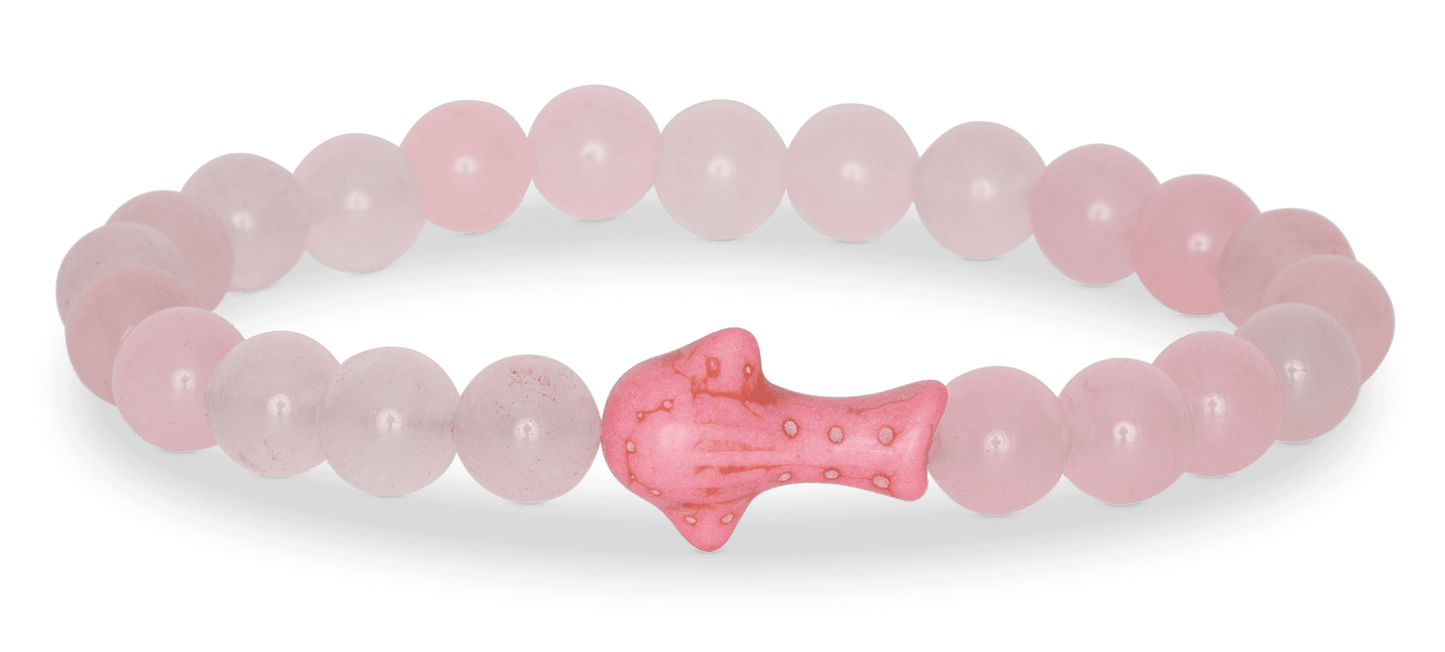
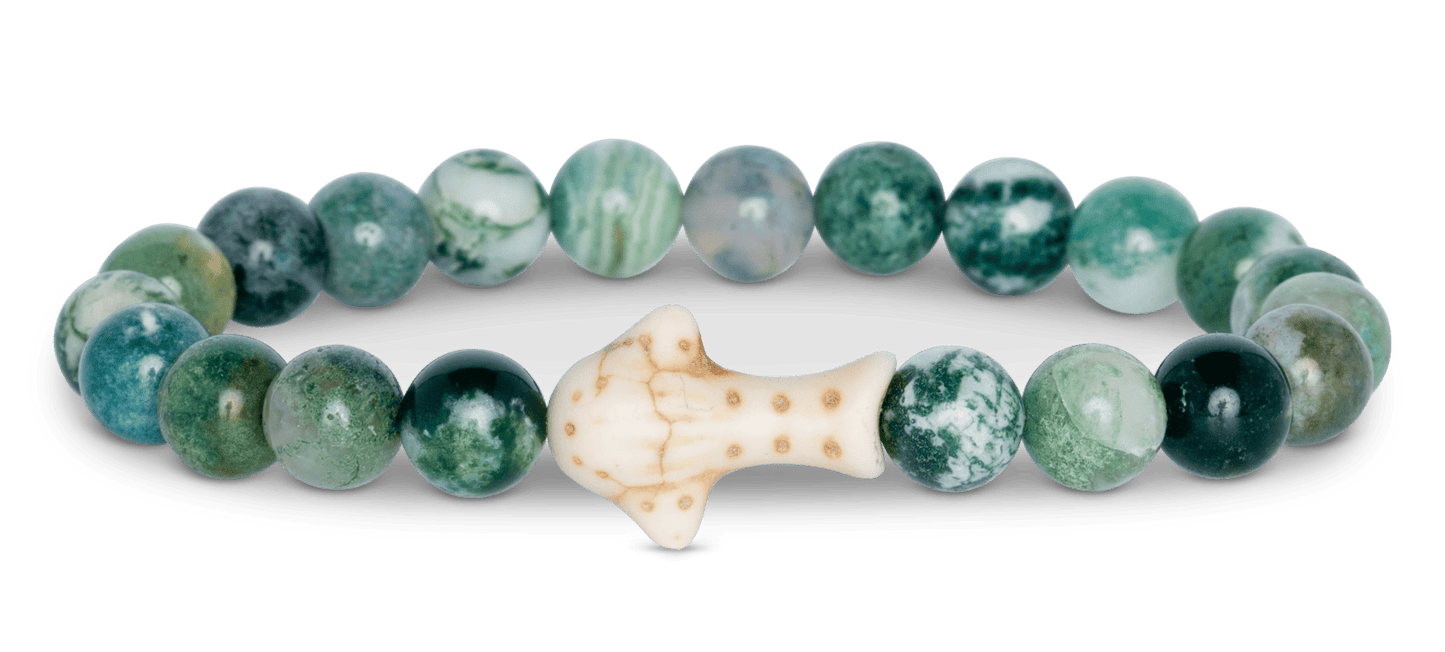
Each Bracelet Comes With
a Real Whale Shark To Track
Each Bracelet Comes With
a Real Whale Shark To
Track
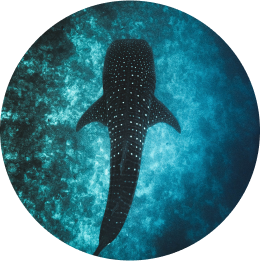
Meet your whale shark and learn their story
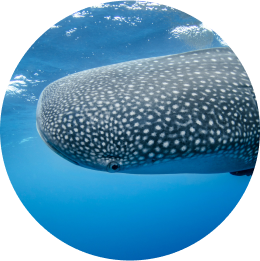
Reveal exclusive stats, photos, and updates along the way
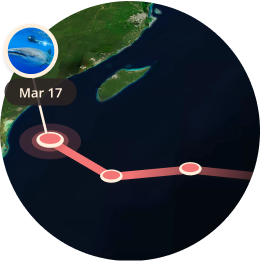
Follow their path on an interactive tracking map

In partnership with Georgia Aquarium
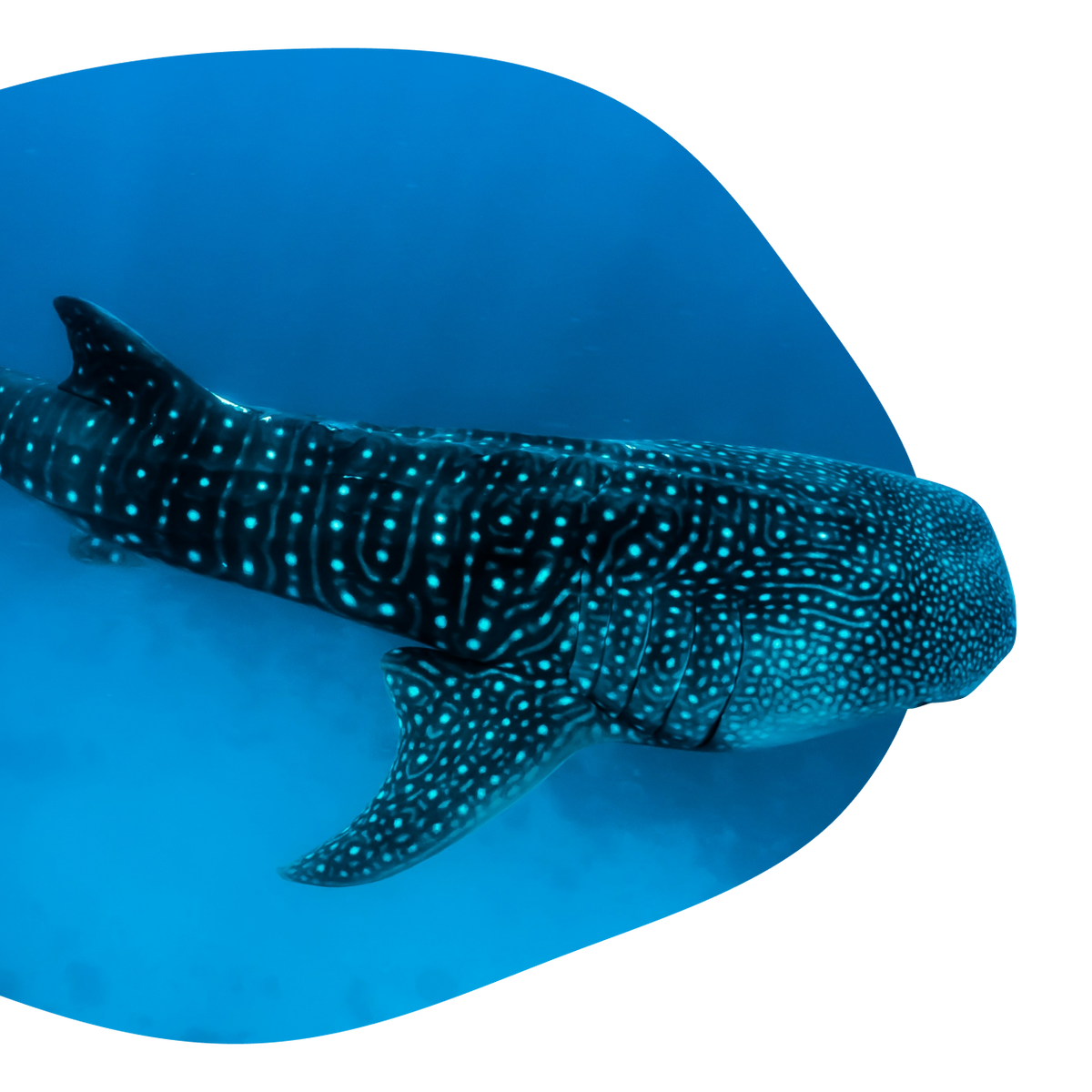
Made in partnership with Georgia Aquarium to support their work protecting whale sharks worldwide. Fahlo's goal is to help further their mission alongside a unique approach to research as the only aquarium with whale sharks in the western hemisphere.
One small bracelet.
One big mission.
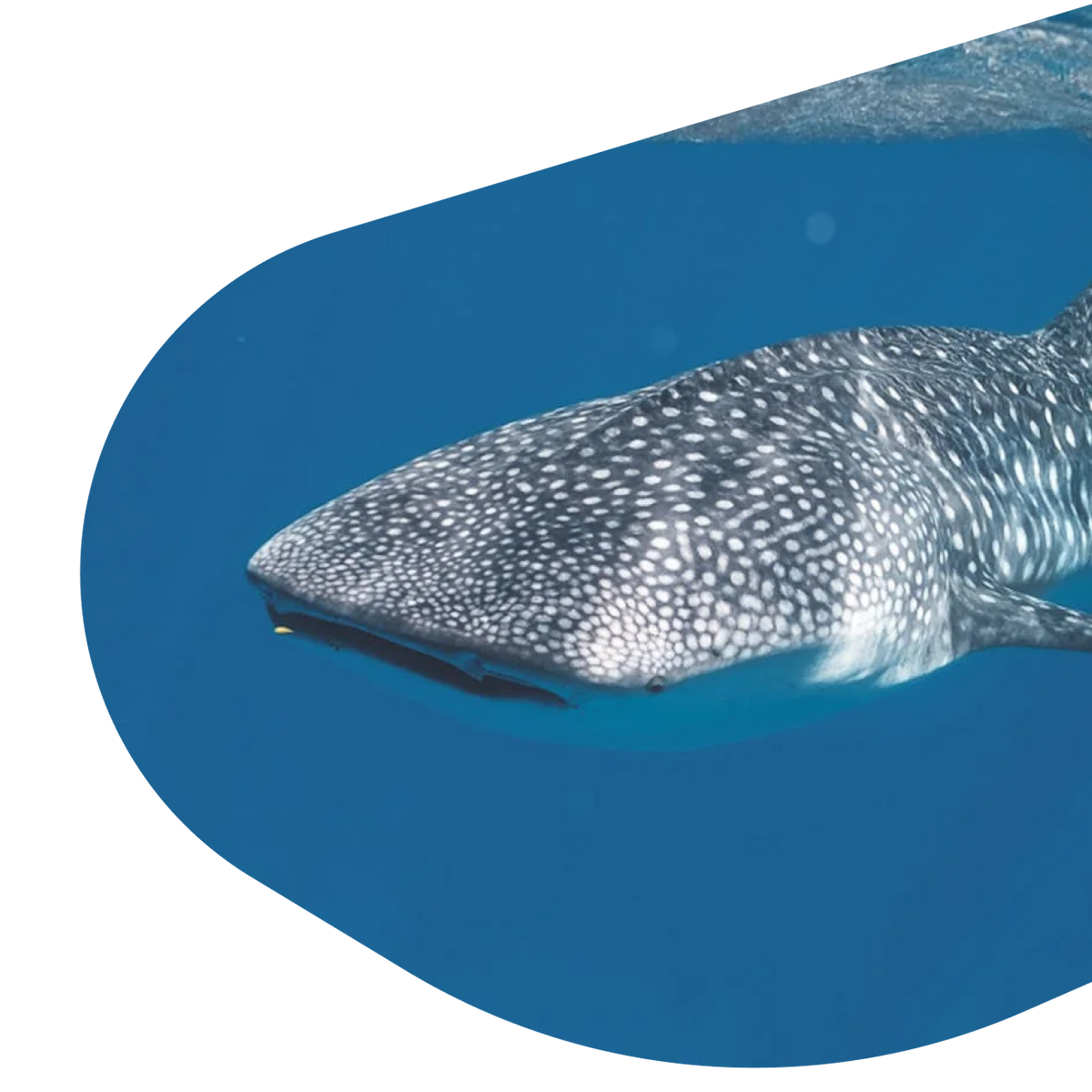
Common Questions
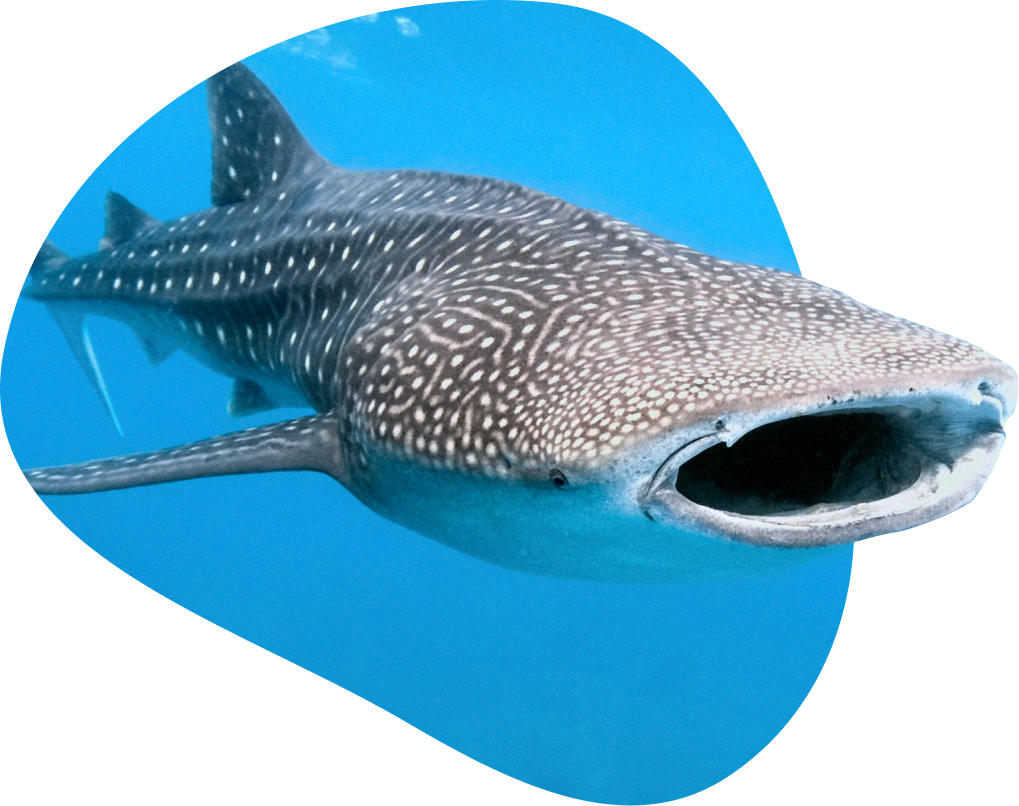






 This animal’s safety guarded with the Fahlo Protection Ping™
This animal’s safety guarded with the Fahlo Protection Ping™ If you add 3 or more, you get free shipping!
If you add 3 or more, you get free shipping! Fahlo donates10% of profits to our nonprofit partners
Fahlo donates10% of profits to our nonprofit partners Sizing: Elastic, one size fits most
Sizing: Elastic, one size fits most SSL Secure Checkout
SSL Secure Checkout Worldwide Shipping
Worldwide Shipping Dedicated Customer Service
Dedicated Customer Service 100% Happiness Guarantee
100% Happiness Guarantee